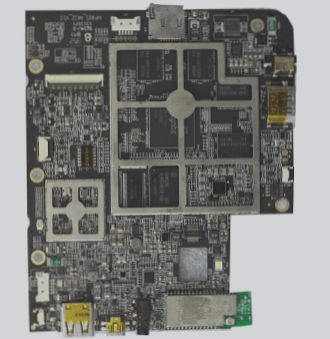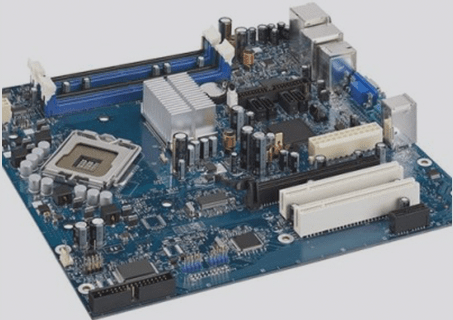China’s Growing Influence in the PCB Industry
China has rapidly become a key player in the production of electronic products and PCBs, attracting foreign investments and driving significant growth in the industry. By 2017, China is projected to reach a total PCBA output value of 28.972 billion U.S. dollars, contributing to 44.13% of the global PCBA output value.
Geographical Distribution of PCBA Industry in China
The Pearl River Delta and Yangtze River Delta regions are at the forefront of China’s PCBA industry, accounting for around 90% of the country’s total output value. Central and western regions have also seen a substantial increase in PCBA production capacity in recent years, leading to a geographically dispersed distribution across various regions.

Focus on High-End PCBA Manufacturing
The Yangtze River Delta and Pearl River Delta regions are known for their advanced electronic technology products and are transitioning towards high-end PCBA manufacturing. The industry is set to establish a dual-core economy centered around these regions, with a focus on high-end products and research and development.
Trending Towards Diversification and Specialization
The domestic PCBA product structure is evolving towards diversification and high-end specialization, with a growing emphasis on multilayer boards, HDI boards, and flexible boards. The demand for HDI boards driven by electronic information products is on the rise, reflecting industry trends.
Automotive Electronics Market Expansion
The global automotive industry’s shift towards automation has increased the demand for electronic systems, particularly in active safety and communication applications. Leading PCBA manufacturers in Taiwan are capitalizing on this trend, with a focus on automotive PCBAs to meet the growing needs of the sector.
Future of Automotive Electronics
Advancements in automotive electronics, such as autonomous driving and active safety features, are transforming the driving experience. Technologies like electronic power distribution, traction control, and lane departure warnings are becoming essential, with automotive electronics expected to account for 50% of overall vehicle costs by 2030.



